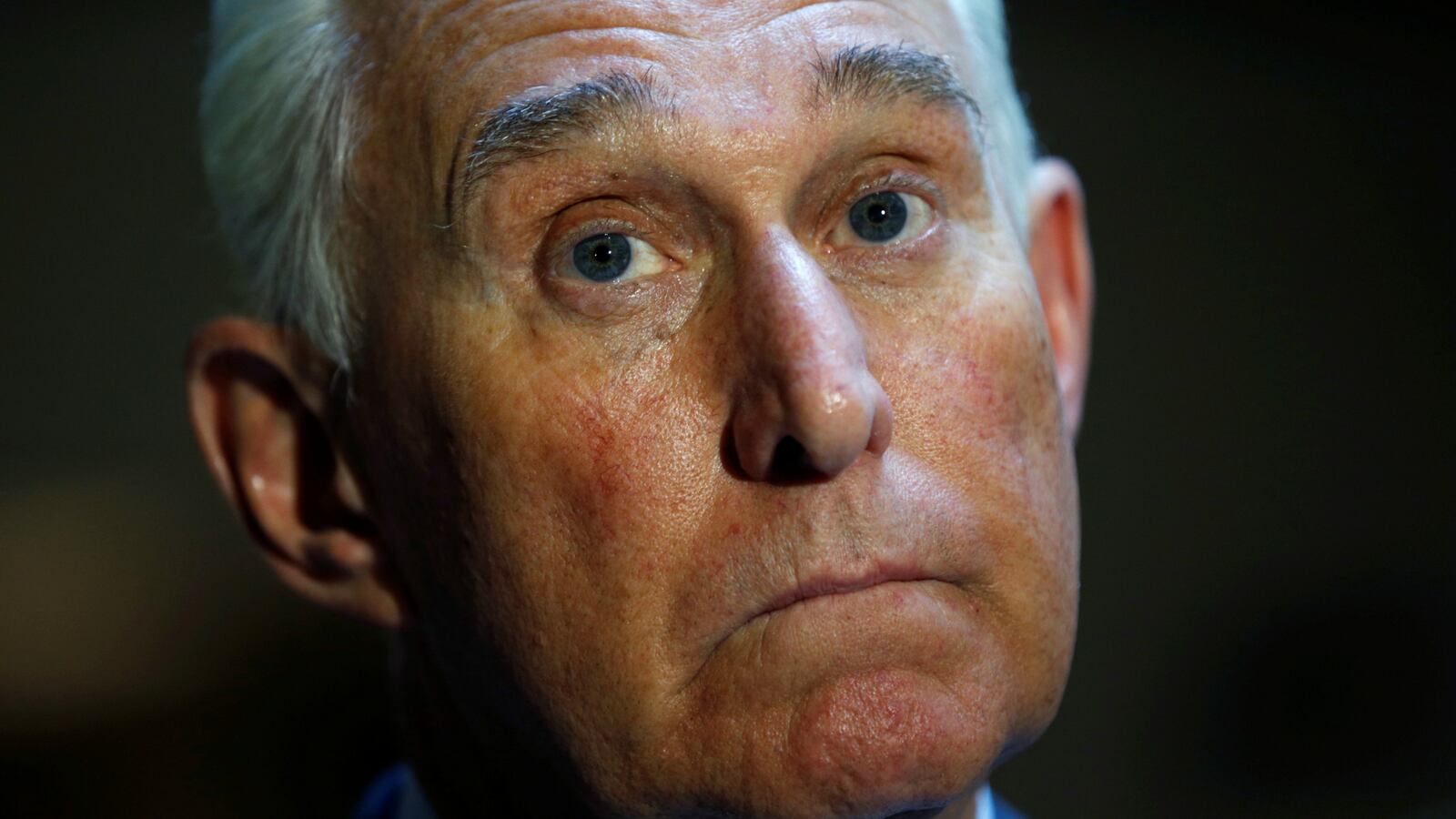Update, 7/13/2018: Special counsel Robert Mueller’s office identified Guccifer 2.0 as a Russian intelligence officer and indicted him along with 11 other officers for crimes related to the alleged hacking of Democrats in 2016.
The link between Russia and the Trump campaign that special counsel Robert Mueller has been looking for may finally have materialized.
On Friday, The Daily Beast reported that the hacker of the Democratic National Committee emails known as “Guccifer 2.0” is, in fact, a Russian intelligence officer. The Daily Beast further reported that Mueller has brought onto his team the FBI investigator who tracked down the intelligence officer. Reportedly, Guccifer 2.0 inadvertently revealed his identity by failing to conceal his use of a Russian computer server on one occasion.
Although the intelligence community had speculated that Guccifer 2.0 was Russian, until now, that fact had not been publicly confirmed. This news is significant for what it could mean to the Mueller investigation.
When Deputy Attorney General Rod Rosenstein appointed Mueller, he tasked him to investigate the Russian government’s efforts to interfere in the 2106 presidential election, including: (1) links and/or coordination between the Russian government and individuals associated with the campaign of President Donald Trump; (2) any matters that arose or may arise directly from the investigation; and (3) any other matters within the scope of the governing regulation, such as perjury or obstruction of justice. The news regarding Guccifer 2.0’s identity could be the key to the first item on that list.
One individual associated with the Trump campaign was Roger Stone, who served as a campaign advisor. Stone has previously admitted to communicating with Guccifer 2.0, who has claimed to be a native Romanian speaker. If the report is accurate, and Guccifer 2.0 is, in fact, a Russian intelligence officer, this could be the crucial link that allows Mueller to charge Stone and any other members of the campaign who assisted Guccifer 2.0.
Stone has denied having advance knowledge of the publication of the hacked emails, but, in August 2016, before the emails of Clinton campaign chairman John Podesta were released by Wikileaks in October 2016, Stone tweeted that “it will soon be Podesta’s time in the barrel.” His tweet suggested that he knew that Podesta’s emails had been hacked and would be released.
What might this mean for Mueller and his team? The indictment filed against 13 Russians in February provides a clue. That indictment charged the defendants with what is known as a Klein conspiracy, that is, a conspiracy to defraud the United States. A Klein conspiracy is an agreement to impair, obstruct or defeat the lawful functioning of some agency of the federal government. In this case, the affected agency was the Federal Election Commission, among others, in its role to administer federal elections.
The February indictment focused on the use of social media to improperly influence the election. Until then, it was unclear whether Mueller would pursue such a theory. Now that he has done so in one case, it would not be a stretch to envision another indictment charging the Russian intelligence officer known as Guccifer 2.0 and others under a similar theory based on the hacking of the emails.
And in addition to charging Guccifer 2.0, Mueller could also charge anyone who conspired with him or aided and abetted him. One feature of the Klein conspiracy theory is that Mueller need not show that the co-conspirators were involved in the hacking, as long as he can show that they agreed that the emails would be disseminated afterwards, since the crime is not based on the computer intrusion, but on the disruption of the election.
Besides conspiracy, Stone or other members of the Trump campaign could be charged with aiding and abetting if they assisted or even encouraged either the hacking or the publication of the emails. Another potential charge is accessory after the fact for anyone who might have advised how or when to release the emails after they had been hacked.
Mueller is likely looking to see whether Stone or other members of the Trump campaign played a role in suggesting the timing of the release of the Podesta emails, which occurred on the same day as the release of the Access Hollywood tape in which Trump spoke in vulgar and disparaging ways about women. The release of the tape was a potentially campaign-ending event for Trump. Instead, that story competed for attention with the story of the Podesta emails.
Sam Nunberg, a former Trump campaign member, has recently stated that during questioning by Mueller’s team, he was asked questions about Stone. It seems likely that Mueller is closely examining the relationship between Stone and Guccifer 2.0, which could provide the link he has been seeking to fulfill his mandate. And if other members of the campaign participated in the decision to release the emails, then they could find themselves named in an indictment along with Guccifer 2.0.





